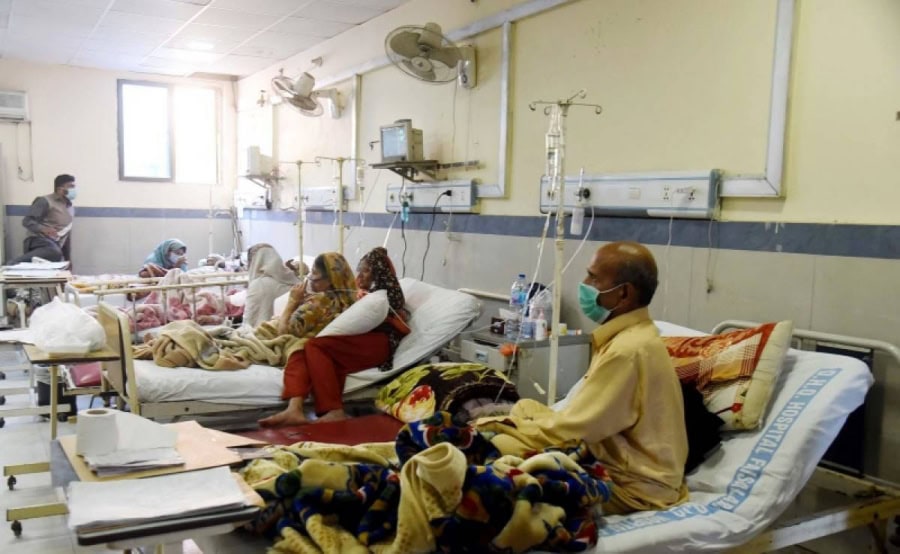LAHORE: Stakeholders in healthcare services, including representatives of doctors, pharmacists, NGOs as well as former parliamentarians, have demanded equal healthcare rights for all citizens free from exploitation by the pharma industry and other vested interests.
A meeting of the stakeholders held here on Thursday lamented that big pharma companies bribe medical professionals through sponsored foreign family trips, expensive gifts and even paying their utility bills and in return they prescribe specific costlier medicines instead of available cheaper alternatives to the disadvantage of patients.
Those who joined the meeting organized by the Labour Education Foundation included Dr Asad Abbas from the Pakistan Medical Association, Dr Kalimullah from the Pakistan Pharmacists Association, Mohsin Khan from the druggists association, Muhammad Usman from young pharmacists’ body, former parliamentarians Nighat Sheikh and Shameela Aslam, chairman of Soch (a think-tank) Muhammad Mehdi, pharma industry employees’ general secretary Muhammad Ameen and workers’ federation leader Niaz Khan.
They demanded that medical practitioners should be made to prescribe generic medicines instead of ‘branded’ ones while making bio-equivalence tests of medicines compulsory to break the myth that pharmaceutical corporations are producing better medicines and breaking their monopoly on the sector.
They called for enhancing the budget for public health by up to 10% of GDP and sensitizing lawmakers on healthcare rights, benefits of producing generic medicines, ill-impacts of pharma monopolies and making healthcare laws effective with proper implementation.
They felt a lack of coordination between the body that governs the health education sector and the one which regulates the registration of medicines costing healthcare seekers heavily, and demanded a ban on private practice by medical practitioners who are in the service of the government.
The stakeholders urged the need for training people on how to prevent diseases to prepare them for future health challenges, incentivizing population control to lessen the burden on existing health facilities, and increasing the number of filter clinics/disease screening centres to lessen pressure on tertiary care hospitals.
They advocated for giving priority to allocations for Research & Development – not only for developing better medicines & vaccines but also to diagnose which segment of society develops what kind of diseases while subsidizing raw material import for producing medicines.








